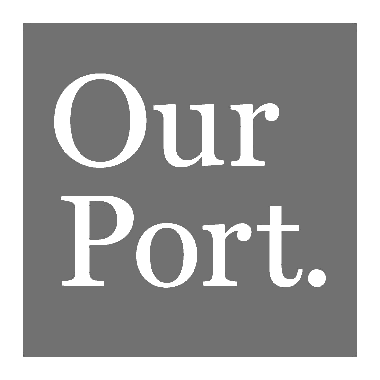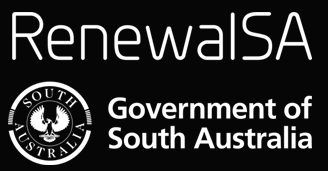Vincent Copley
Vincent Copley
Without that activism, things would have taken a lot longer to change.
When I was a kid there were only two groups, Narindjeri and Narrunga - there were no Kaurna. That wasn't until the 70s. The first national organisation for Aboriginal people was started in Adelaide in 1968 called FCAATSI (Federal Council for the Advancement of Aborigines and Torres Strait Islanders), which used to meet every Easter time in Canberra. My great grandfather was one of the people who tried to get land for Aboriginal people and himself and was one of the workers who started to get Aboriginal Affairs happening. But at that stage it was pockets of single people who started to make things better. FCAATSI got the referendum happening and then it all got going. Prior to that there was only one women's group until one of the boys from the home who was at Flinders University started the Aboriginal Progress Association, and the APA bought the Aboriginal centre at Wakefield Street and then Aboriginal housing set up health and legal services. It all came out of that group. This was happening all around Australia as people got organised.
Everybody looks at you and thinks 'this bloke hasn't had a hard life, he was born with a silver spoon in his mouth'. They don't realise that we had a hard life, that it was really different then. The reason is that our parents wanted to be involved and do the right thing, but it was impossible trying to bring up five or six kids and be involved. So they made a contribution at protests, where people were getting bashed - they were the backbone of the changes that came about. We were part of that too, one of the boys (from the St Francis Boys Home) led the Freedom Ride and got shot at and nearly killed trying to stop an Indian girl being sent home by the Australian Government. To overcome all of that you needed people who could challenge the government about their Aboriginal policies - these people were front runners in the protest and made the changes come about. Without that activism, things would have taken a lot longer to change.
When Don Dunstan was Premier, we had lunch with the Queen. We've travelled around the world, our daughter worked in London for a few years. In the early days, when we first started the Department of Aboriginal Affairs in 1972, 50 Aboriginal people were taken to Canberra as project officers from South Australia, and I was one of them. Whitlam's government wanted to please Aboriginal people so we were all buttered up with jam and cream. Anything that happened anywhere in the world that had to do with race relations, we were thrown on a plane and sent off. I can remember a big contingent from Nigeria who stayed here in Canberra. They didn't know there were black people in Australia so we got together and formed part of their planning committee, and went to Nigeria to help plan a big festival.
There were so many other cultures that you became involved with and it broadened your whole outlook, that those people were going through the same situations in a different sort of way and were only too pleased to take us to their places of interest. They took us to Biafra when there was a war going on and showed us how they made their own weapons and tanks. Those things stick in your mind in later life. You see them on the television and you think 'yeah we were there, they were shot later and never got home'.
It was just ordinary people, our mums and dads and sisters. My sister, with six kids had to keep herself and her family alive. She'd be in Adelaide for a while and then something would come up and she'd move and be in Pt Augusta for a while and get things going there and then come back to Adelaide and get stuck into politics here. It took a lot of the people's time and energy.
Vincent Copley







